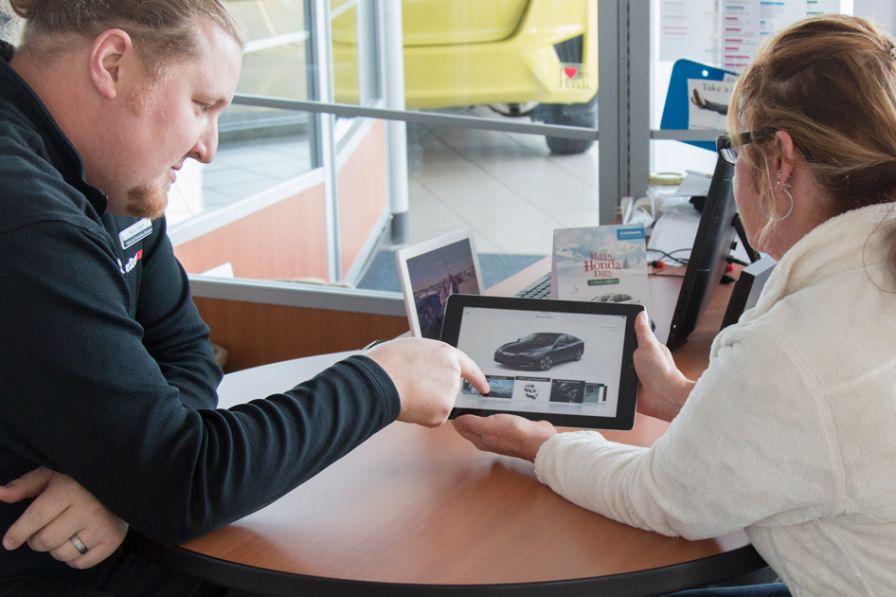Aftermarket products are important to dealerships’ bottom line. Recent NADA research has shown that 50 percent of profits for the average dealership come from the sale of aftermarket products.
A majority of these profits come from vehicle service contracts but, but other products driving profits also include guaranteed auto protection, credit life, and disability insurance, among others.
When selling aftermarket products, a dealership must disclose the products separately from the vehicle, indicating that the purchase is voluntary and that it is not required to obtain financing. Several states even have detailed regulations about how items need to be disclosed to the customer.
This is important to keep in mind as the FTC and CFPB continue to actively investigate and look for any unfair and deceptive practices in the sale of aftermarket products. The CFPB has made aftermarket products a priority since its inception and have the authority to bring actions against certain independent and buy-here-pay-here dealers while also referring other dealer violations to the FTC or a State Attorney General.
Best Practices
So, when selling these aftermarket products, how can dealerships protect themselves? We recommend the following to keep the FTC and CFPB away:
- Eliminate Excluded Customers from Your Target Direct Marketing Lists – There are consumers that opt out of all types of solicitations. If you have customers that do opt out, remove them from your lists. You can take it a step further and obtain the customer’s written consent to receive auto-dialed or prerecorded calls or texts. Cross-checking numbers with the FTC’s National Do Not Call Registry will save you headaches and potential issues.
- Understand Warranty Disclaimers for Each State – Service and insurance contracts can be structured in many different ways, all of which have different tax and liability issues. Dealers need to make it clear as to whether or not they have “entered into” a service contract. Both retro and reinsurance policies are subject to state insurance laws and customer claims. Dealers need to run the structure of service contracts with their lawyers and accountants.
- Charge the Same Price for Everything – Each product needs to be priced the same. If you surcharge a customer, that is considered part of the “finance charge” under TILA (Truth in Lending Act). As a result, that then must be calculated into the APR and disclosed in the RISC (Retail Installment Sales Contract).
- Be Consistent – The way you sell aftermarket products in the F&I office needs to be consistent. As a dealer, you are responsible for what is legally required in your state in terms of scripts, FAQs, and presentations that outline products and what they will cost.
- Adjust Your Practices to Address Customer Feedback – As laws change and consumers have positive and negative reactions, you need to adapt your selling of aftermarket products. Your employees need to be on board with this as well.
- Review and understand the CFPB Bulletin Incentives – When incentives concern products or services that could cause harm to consumers or not benefit them as strongly, they need to be reined in. Always have consumer interests in mind.
Start protecting your dealership from federal fines and audits: download your 2024 Compliance Guide today. Learn more about the Dealertrack Compliance solution here.

